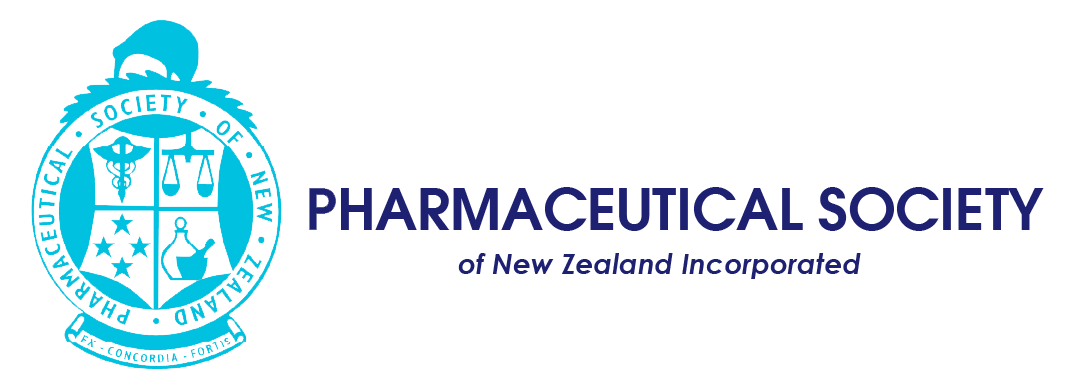Interview with Mariana Hudson
Mariana Hudson grew up in Ōpōtiki, the small rural township that is the gateway to the East Coast in the Bay of Plenty. Her first job in pharmacy was at a local pharmacy, at the young age of 15. Her passion for the industry led her to start pharmacy school in 2002, after having her first child. She had her second child while at pharmacy school and registered as a pharmacist in 2007, following her internship in Gisborne. In 2020, Mariana was the recipient of an HRC grant (Health Research Council of New Zealand) by where her project was a partnership between the Bay of Plenty District Health Board and The Centre for Health, located in Tauranga. It involved the contribution of whānau Māori to the development and use of the LifeCurve App, now being utilised all over New Zealand.
In 2021, Mariana was awarded a 3-year Māori Cardiovascular (CV) Research Fellowship from the Heart Foundation of New Zealand to support her learnings of Kaupapa Māori Philosophy. Her project is developing a Road Map for Research Funders to assist in achieving Equity in Cardiovascular Health. Once developed, it will be the main driver to develop a Strategic Plan for Achieving Equity in Cardiovascular Health. The strategy will guide translation of known evidence into practice and inform the development of future research in CV health in Aotearoa. It will be disseminated to funders and researchers to guide the development of future work.
We asked Mariana what challenges Māori pharmacists are currently facing:
MPA is celebrating its 20th year this year, and over the last two decades we have faced challenges individually as Māori clinicians working in the Pharmacy and Health sectors, and as an organisation, being the minority.
Looking back, these challenges have contributed to strengthening us as an organisation and grown us as individuals. None of the achievements could have been done without the strength and mana of my predecessors and the founders of our organisation, who understood the need to have our independence and our own voice long before I became privileged to sit here.
Our organisation relies on the time and expertise of our members, this in itself will continue to challenge us, but at the same time, I am proud of all of our members who give back to the organisation selflessly.
With the Health Reform, we (MPA) are being pulled in all directions. This is challenging as well as opportunistic, it is evident that organisations are starting to recognise the need to fulfil their obligation to Te Tiriti o Waitangi and to have appropriate representation at their tables. However, this is still essentially a work in progress.
How can pharmacists ensure cultural safety concerning Māori Health?
We as pharmacists must understand what cultural safety is, and why it must be embedded and normalised in practice first.
Once we consistently recognise our own cultural backgrounds, our own privileges, our own personal biases, and are willing to provide a safe space for whānau to be the decision makers of their own hauora guided by our expertise, then we will see a collective discipline provide benefits for patients and communities across multiple cultural dimensions, especially in the achievement of equitable health outcomes for Māori.

